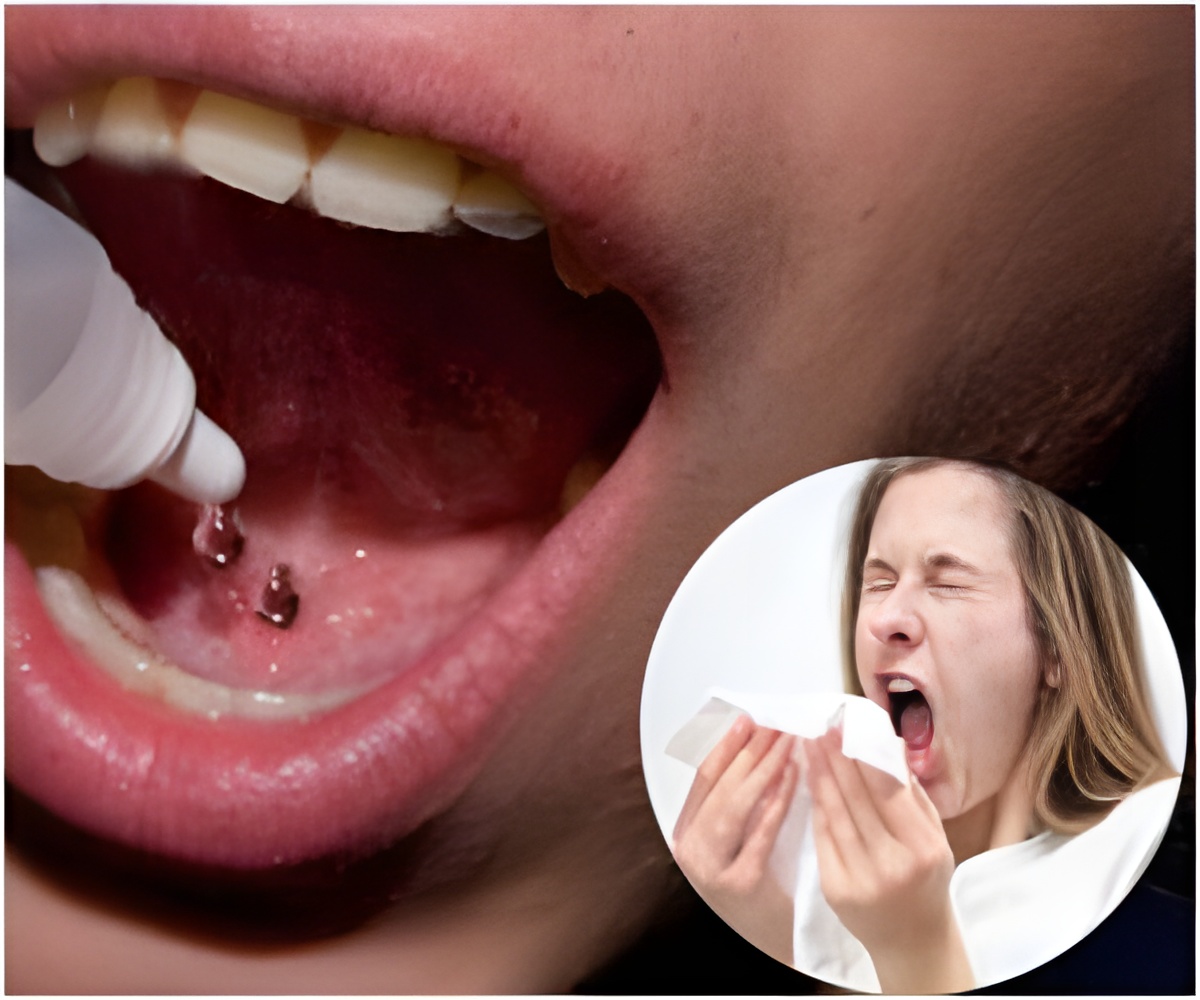B cell-mediated autoimmune diseases and lymphoma can now be treated using antibodies against B cell protein CD20

Bousse and his group found that B cells circulating through the liver were the first ones depleted after treatment and that B cells in circulation were more susceptible to deletion than those stationary in the spleen or lymph nodes.
The researchers used intravital two-photon microscopy to follow B cells in the liver as they halted near specialized Fc receptor-bearing cells called Kupffer cells. The Kupffer cells bound and consumed the anti-CD20-coated B cells.
The study assigns a vital role to liver Kupffer cells in deleting B cells and describes techniques that may be used to improve the effectiveness of anti-CD20
Source-Eurekalert














